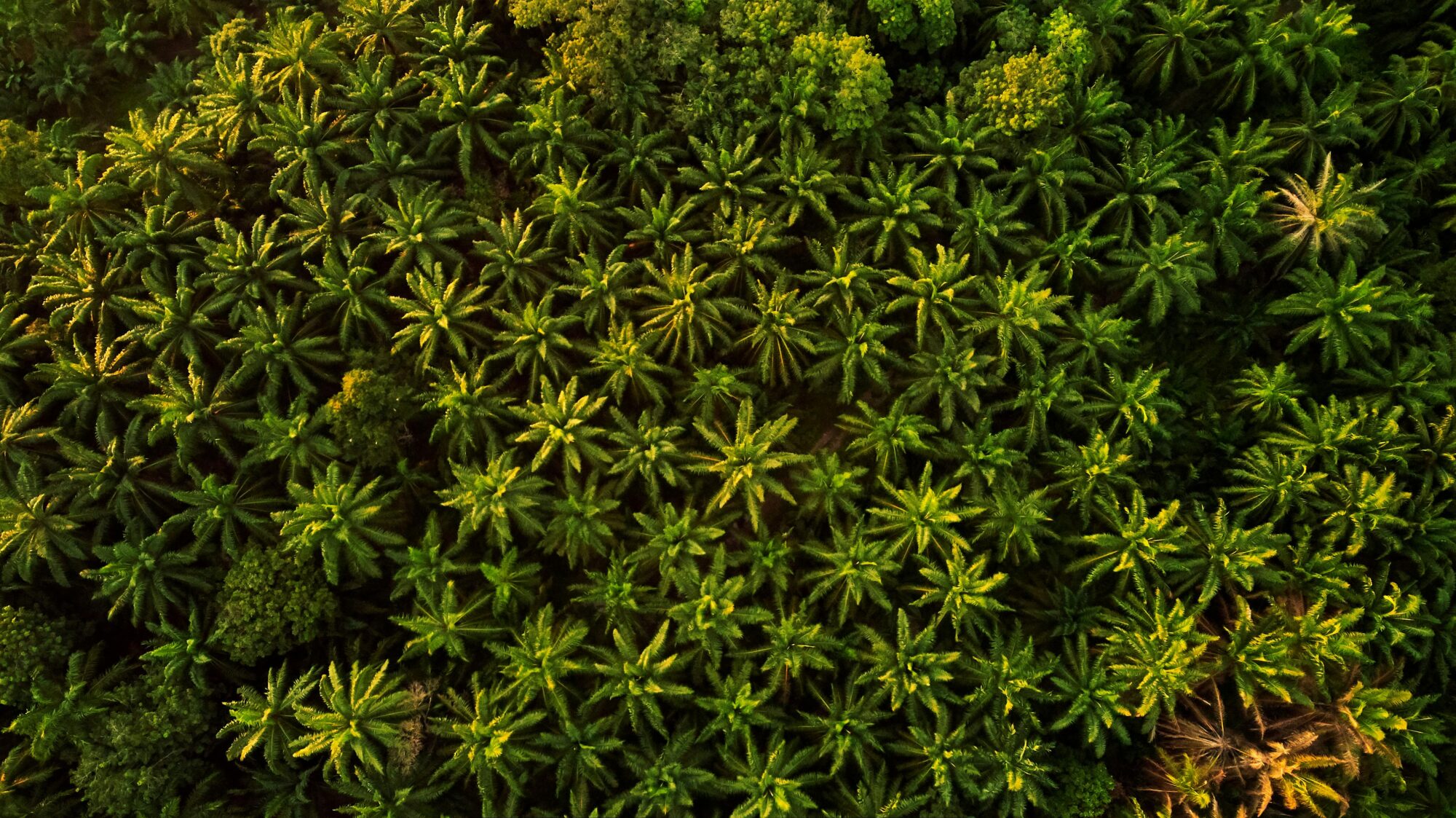The European Union will move today to protect its ailing transport-biofuels industry from foreign imports, announcing measures that would force companies to show that their fuels are helping the environment more than they are hurting it, according to documents seen by The Wall Street Journal.
The biggest losers are expected to be companies in Southeast Asia that make biofuels out of oil palms they have planted after cutting down forests. Trees soak up carbon dioxide; feeling them blunts the environmental benefit of cleaner-burning fuels made from oil palms.
Separately, the EU is preparing punitive tariffs on biofuel imports from the U.S. if Washington doesn’t remove a tax credit for some American biofuels exporters, according to EU officials.
The EU today also will set specific targets for renewable energy use in each of its 27 member countries and will announce a plan to charge companies for permits to pollute. The European Parliament and national governments still need to endorse the rules, but EU officials say they expect approval by year-end.
The new EU law on transport fuels forces so-called green-energy companies to prove that the production and use of their fuels cut carbon emissions by at least 35% compared with production and use of traditional fossil fuels, say EU officials. The clear-cutting of forests and the use of oil-based fertilizers and other energy guzzlers have raised fears that biofuels might do more overall harm than good in the fight against global warming.
The moves would benefit makers of the EU’s biggest biofuels crop, rapeseed oil. Rapeseed-based biodiesel dominated the EU biofuels sector because most Europeans power their vehicles with diesel, not gasoline. Studies show that the production and use of rapeseed-oil fuel cust emissions by about 37% compared with the production and use of fossil fuels. By comparison, corn ethanol, at 22%, doesn’t make the cut. That would prohibit any future U.S. ethanol exports to the EU. Currently, U.T. ethanol isn’t exported to Europe.
“The EU is protecting its own,” said Kevin McGeeney, chief executive of Switzerland-based Starsupply Renewables SA, a biofuels broker.
Among the companies in Indonesia that make fuel out of oil palms, Singapore-based Wilmar International Ltd., which runs a biodiesel-refining plant on the island of Sumatra, expects its exports to Europe to be hit, said spokesman Jeremy Goon. The EU draft law “creates a nontariff barrier” to trade, he said.
Asian companies are expected to be exempted if their plantations were established before 2003. Missions Biofuels Ltd., which runs a biodiesel refinery in Malaysia and is listed in Australia, said the ruling is unlikely to affect its exports to the EU. Mission buys all its crude palm oil from plantations in Malaysia that were set up before 2003, said Swaminathan Mahalingam, the company’s managing director.
In 2003, the EU made a bet on biodiesel, stimulating production with tax breaks for oil companies that buy biofuels to blend with regular fuel. EU governments have been slow to force their consumers to use biodiesel, however. In fact, there is a 5% limit on how much biodiesel can be mixed with regular diesel, and biodiesel remains almost twice as expensive as regular diesel.
To Contact the reporters of this story:
John W. Miller in Brussels at john.miller@dowjones.com
Tom Wright in Jakarta, Indonesia at tom.wright@wsj.com



